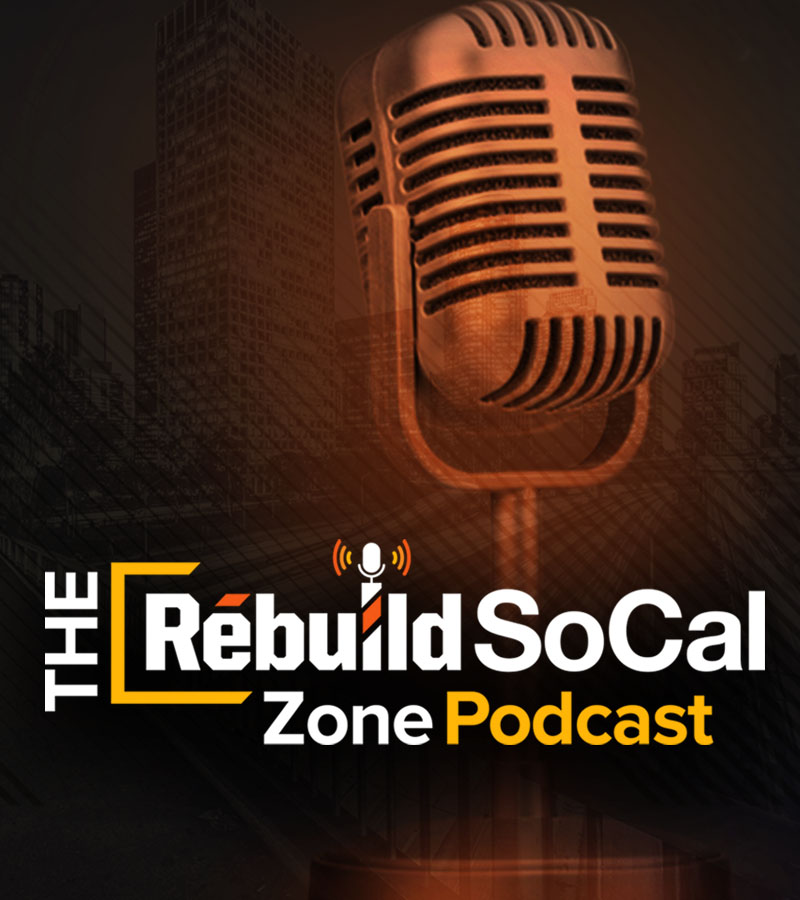A new study from the U.S. Chamber of Commerce has ranked Los Angeles city roads amongst the worst in the country.
As companies prepare their workers to return to offices across the country, business leaders are making the direct connection between reliable roadways and COVID recovery – and the U.S. Chamber of Commerce wanted to find out if “America’s roads are ready for rush hour.” The Chamber teamed up with RoadBotics to conduct a new AI-powered study of 20 major metropolitan areas. This innovative look at America’s roadways gives us insight into where drivers may encounter fewer problems versus where commuter headaches may be the worst – and increases awareness of the growing infrastructure crisis.
The study used smartphones and A.I. technology to map out streets within each city’s major business districts, rating road conditions from best to worst on a five-tier system. Each city then received a ranking based on its aggregated score.
The report notes that these detailed rankings “shine a light on the connection between infrastructure investments and economic health – and warn of the long-term impacts that poorly maintained roads and long commutes have on the country’s business community, already hard hit by pandemic losses and worker shortages. In short, keeping the nation’s roadways in a state of good repair contributes to a robust economy and improves the quality of life for all Americans.”
Traffic-Plagued Los Angeles Ranked 17th
“Los Angeles boasts an economy that is larger than all of Sweden. This, in turn, places great stress on the local transportation network, ranking 17 in our study. Los Angeles’ nearly $20 billion in annual revenue is distributed across a huge number of city services, including health, transit, safety, and, of course, transportation. Our study notes that only 11% of its roadway corridors are considered Tier 1 (best condition), none of which are considered primary roadway links,” states the report.
By comparison, San Francisco ranked sixth, Philadelphia took first place, and Phoenix tied with Detroit for bottom place.
The report cautions that, “a return to normalcy means that the infrastructure issues that were pressing before the pandemic – including long daily commutes made worse by poor road conditions and the congestion they cause – will reemerge with urgency once again.”
“The transportation system is critical to the movement of people and goods, making one thing clear: investing in transportation is one of the most effective ways to spur economic development,” urges the report.
The report also advocates for changes in how transportation professionals collect and analyze data, stating that, “recent advances in AI have created new paths in transportation research and analysis” beyond traditional data collection methods which “require transportation agencies to install, operate, and maintain equipment to measure the performance of the transportation system.”
Source: U.S. Chamber of Commerce

